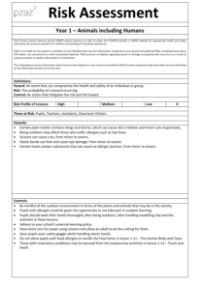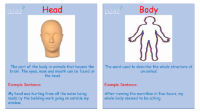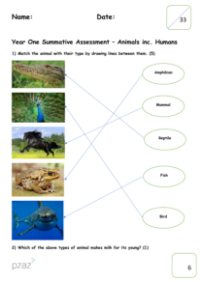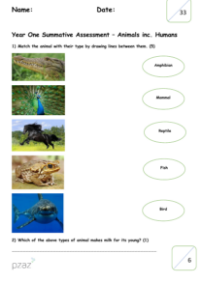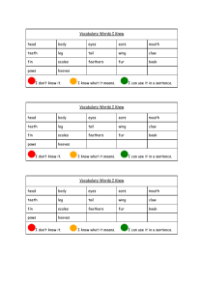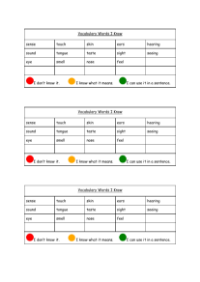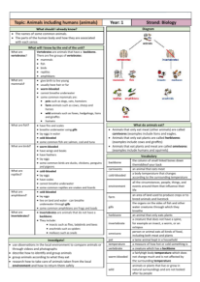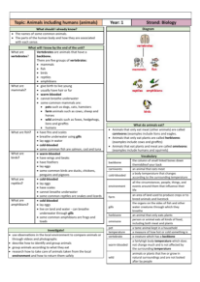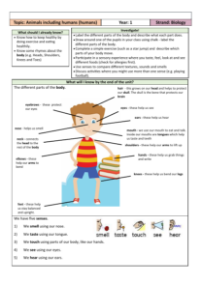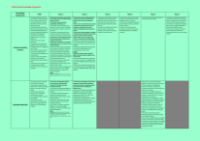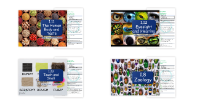Senses - Keywords
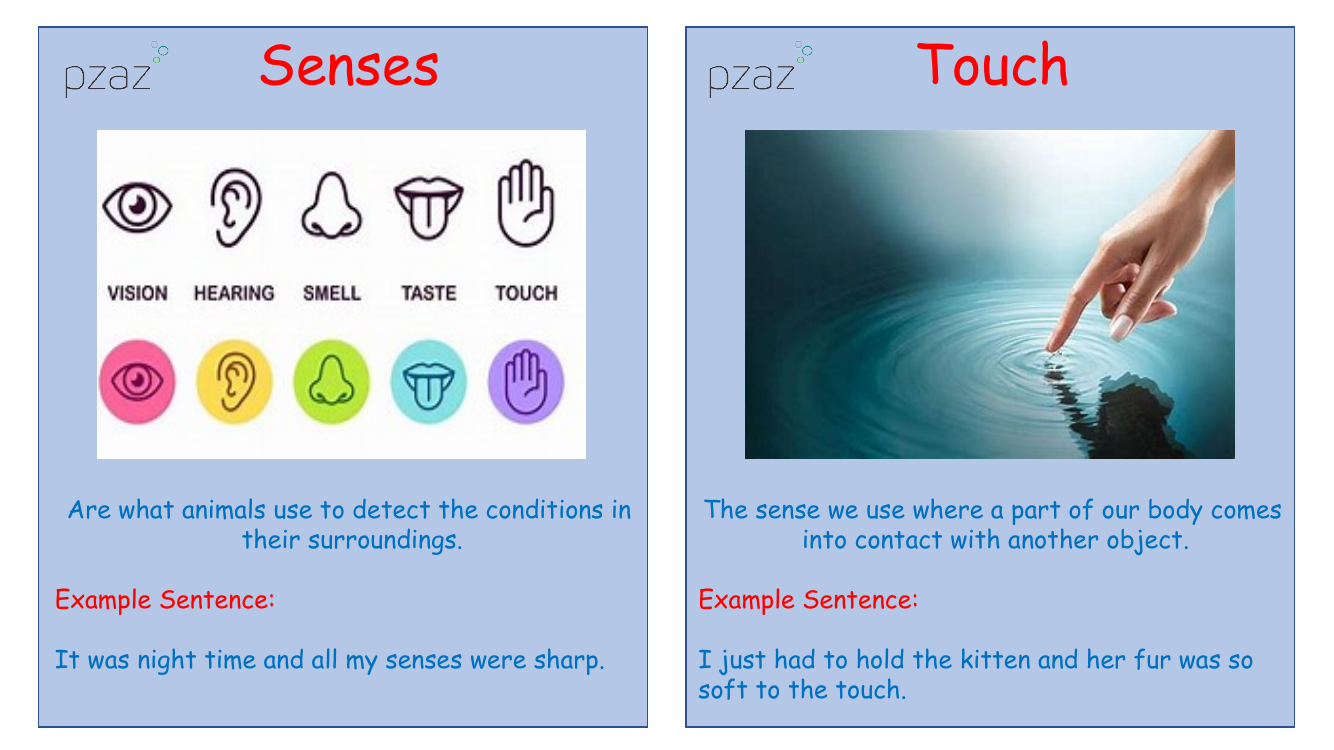
Science Resource Description
Senses are vital tools that animals, including humans, utilise to interpret their environment. They enable us to detect various conditions around us, ensuring we can react and interact effectively. For instance, when night falls, our senses often become more acute, allowing us to navigate the darkness with heightened awareness. Touch is one of these senses, activated when our body makes contact with another object. The sensation of holding a soft kitten is a perfect example of the sense of touch in action, providing a comforting and tactile experience.
Our ability to see is another crucial sense, allowing us to perceive the world through our eyes. Whether spotting a distant ship or witnessing an unexpected event, our eyes serve as our visual gateway to the surroundings. Similarly, our sense of smell helps us to detect odours, which can be pleasant, like the aroma of freshly baked bread, or unpleasant, as in the case of spoiled food. Taste is the sense that allows us to discern flavours, often leading us to develop preferences for certain foods over time. The sense of hearing enables us to pick up sounds, from the tranquillity of silence to the intensity of a rock concert. Each sense is linked to a specific organ - touch to skin, sight to eyes, smell to nose, taste to tongue, and hearing to the ears. These organs are not just functional but also contribute to our experiences and memories, such as the tingling sensation on the tongue from trying something as zesty as sherbet or the ringing in the ears after a loud event. Additionally, terms like eyesight and hearing describe the acuity of these senses, which can vary and change with age or health conditions.
